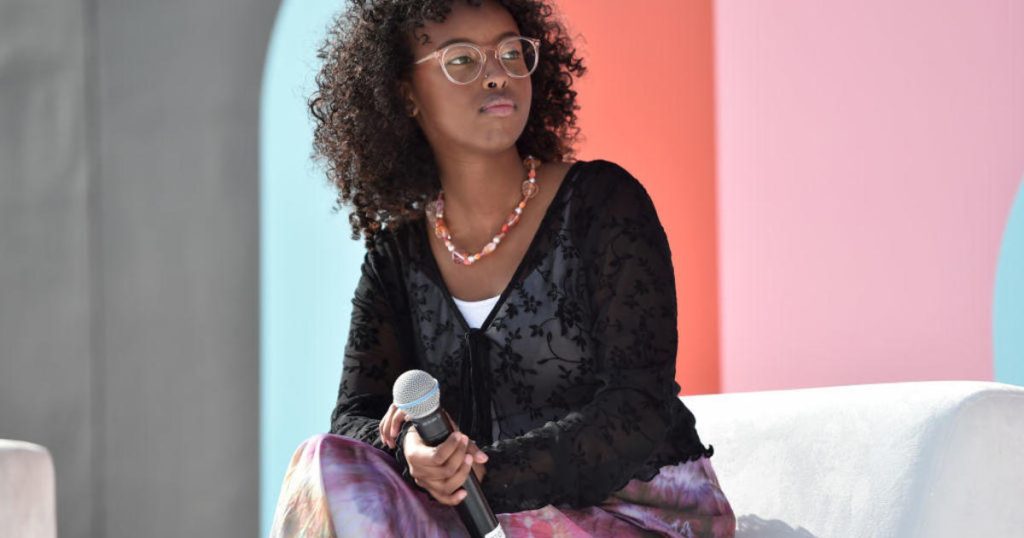Arrests were made at Columbia University during pro-Palestinian protests, with three students, including Rep. Ilhan Omar’s daughter Isra Hirsi, being suspended from Barnard College for their involvement. The protests were organized by Columbia University Apartheid Divest, advocating for divestment from companies complicit in genocide. The university’s President Minouche Shafik requested police assistance to remove the protesters from the quad, citing interference with university operations, policy non-compliance, and damage to campus property. The demonstrations began as Shafik testified before Congress, where she was criticized for not addressing antisemitic rhetoric and ensuring an environment free of discrimination for Jewish students.
Campus lockdowns occurred as pro-Palestinian and pro-Israel groups clashed, leading to arrests and suspensions of student groups. The encampment set up by pro-Palestinian activists continued despite warnings to disband, resulting in further arrests. Barnard College placed students on interim suspension for their involvement in the ongoing protest. The college administration emphasized the importance of maintaining an inclusive environment for all students free from harassment, amidst escalating tensions on the campus. Isra Hirsi, one of the suspended students, expressed determination to continue protesting until their demands were met, drawing on her experience as an advocate for environmental justice in high school.
Isra Hirsi, a junior at Barnard College and prominent climate activist, was a leading voice in climate protests during her time at Minneapolis South High School. As co-founder and co-executive of the U.S. Youth Climate Strike, she organized rallies in over 2,000 cities in March of 2019. Rep. Ilhan Omar, her mother, voiced support for the students’ activism at Columbia University, highlighting the tradition of student activism for social justice. She condemned any attempts to criminalize the protesters and emphasized the importance of continuing the fight for a more just world. The ongoing protests highlight the deep-rooted tensions surrounding the Israeli-Palestinian conflict and the complexities of advocating for divestment.
The protests at Columbia University have sparked a debate about free speech, campus policies, and the rights of students to express their views on contentious issues. The suspension of students and the involvement of law enforcement in removing protesters have raised questions about the limits of activism and the consequences of dissent on college campuses. The clash between pro-Palestinian and pro-Israel groups reflects broader international conflicts and the ways in which they are played out in academic institutions. The response of university administrators to the protests will shape the campus climate and potentially impact future activism and advocacy efforts.
The situation at Columbia University underscores the challenges of navigating political activism and student organizing in an increasingly polarized and tense environment. The suspension of students for participating in protests, the involvement of police in campus demonstrations, and the broader implications for academic freedom and freedom of speech are critical issues that require careful consideration. As students continue to push for divestment and raise awareness about human rights violations, universities must find ways to support student activism while maintaining a safe and inclusive campus environment. The aftermath of the protests at Columbia University will likely prompt discussions about the role of universities in facilitating dialogue, addressing systemic issues, and responding to social justice movements.


